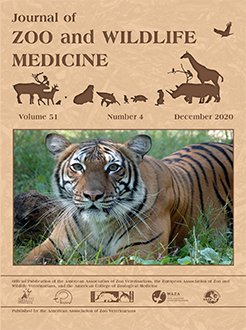In 2015, an estimated 17-year-old female Bornean elephant (Elephas maximus borneensis) at Fukuyama Zoo in Japan exhibited anorexia and significant weight loss. Pan-susceptible Mycobacterium tuberculosis complex (MTBC) was isolated from vaginal discharge, oral mucus, urine, and fecal samples by culture. The isolate was identified as Mycobacterium caprae by genetic analysis. Isoniazid, pyrazinamide, and levofloxacin were administered rectally. Body weight increased to normal, but subsequently decreased again. Elevation of liver enzymes occurred, likely related to the increase in isoniazid dosage. After recovery from side effects, the elephant's weight increased further. However, isoniazid-resistant M. caprae was isolated from oral mucus after anti-tuberculosis drug treatment for 9 mo. The regimen was changed to rifampicin, pyrazinamide, ethambutol, and levofloxacin, administered orally or rectally. The 18-mo treatment was completed in October 2018. This elephant has shown no clinical sign since. No MTBC-positive sample had been obtained as of March 2020.
How to translate text using browser tools
12 January 2021
INTENSIVE TREATMENT OF A CAPTIVE BORNEAN ELEPHANT (ELEPHAS MAXIMUS BORNEENSIS) INFECTED WITH MYCOBACTERIUM CAPRAE IN JAPAN
Satomi Suga,
Yasuhiko Mukai,
Satoshi Ishikawa,
Shiomi Yoshida,
Sarad Paudel,
Takayuki Wada
ACCESS THE FULL ARTICLE





